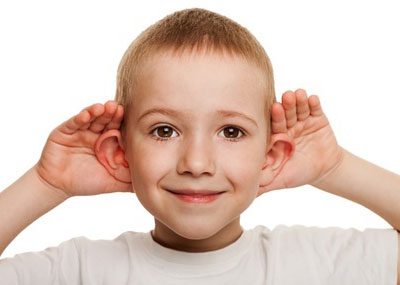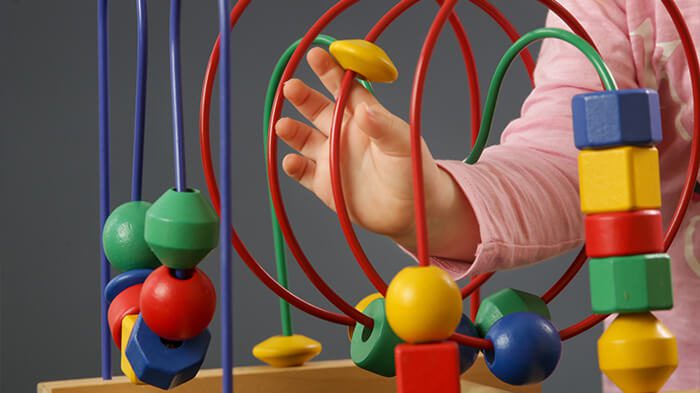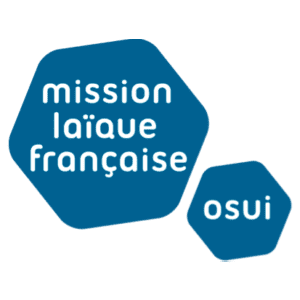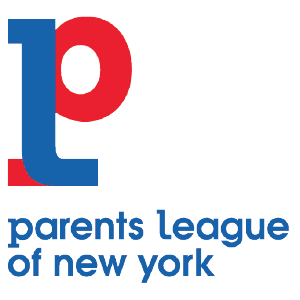Extraordinary Benefits of Mandarin Language Learning for Children
Mandarin Chinese is the most widely spoken native language in the world, with 960 million people using it as their first language. Despite China’s many regions, language groups, and dialects, Mandarin has been the lingua franca of China and Taiwan for more than 500 years.
As China has grown in recent decades to become a world power, the Mandarin language has increased in importance for international business and foreign relations. China is now the world’s fastest growing economy, and adults increasingly find that the ability to speak Mandarin would be a useful skill to have. Moreover, most governments and international businesses have a preference for multilingual employees.
However, Mandarin is a notoriously difficult language for Westerners to learn. Without an alphabet, there is no accurate count for the total number of written characters, but it is estimated to be around 60,000. And it is very difficult for speakers of non-tonal languages to learn to adapt and correctly mimic the tonal nature of the spoken words.
But this learning difficulty does not hold true for children. Young children are still developing their primary language skills, and their brains are highly receptive to learning and adaptation. The ideal time for a Westerner to learn Mandarin and achieve fluency is at a young age. Moreover, aside from the practical gains of knowing Mandarin as an adult, studies show that children benefit in many ways from learning Mandarin while they are young. Here are just a few:
Develop Accurate Hearing and Interpretation of Sounds
Learning tonal languages is easier for children, who are sensitive to the differences in sounds. The younger a child begins learning, the more accurately they can replicate these sounds. Furthermore, this familiarity with tones and sounds actually helps cultivate musical ability in children. A study at the University of California in San Diego found a strong correlation between fluency in a tonal language, and the development of perfect pitch. Perfect pitch is indicative of certain advanced cortical processes. So not only does Mandarin potentially benefit the brain, it potentially makes the child a better singer!
Better Interpretation of Symbols
Since Mandarin writing relies on thousands of character, learners of Mandarin Chinese have to read and interpret a vast number of visual symbols, activating more regions of the brain than English, which relies on a phonetic alphabet. Through learning Mandarin, children can become more adept at visual communication, more readily interpreting symbols in visual art and understanding nuances in symbolism and visual communication.
Improved Hand-Eye Coordination
While most Western languages are written in one direction, the act of writing Mandarin characters requires brush or pen strokes in multiple directions, with differentiating hand pressure. Writing in this way has been shown to improve fine motor skills and spatial recognition in children.
Stronger Math Skills
Yes, there is actually a scientific correlation between learning Mandarin and improved mathematical ability. Scientists theorize that because Mandarin representation of numbers is less abstract than Arabic numbers, and because the act of practicing handwriting requires repeated counting, young children gain greater familiarity with math and with numeric thinking. In learning Mandarin, the mathematical concepts are integral to the language fluency, and not a separate subject activating a different part of the brain.
Because Mandarin Chinese involves learning language, sounds, drawing, and math all at once, it activates more regions of the brain and improves cognitive development overall, even in adults. In fact, speakers of Mandarin use more of their brain more of the time, unlike English speakers who tend to alternate between left and right hemispheres. In theory, this more balanced brain could lead to greater overall creativity, enhanced problem-solving, and increased emotional intelligence.
With all these benefits for the mind and brain, Mandarin language learning for children is sure to be an asset for their whole life, regardless of their eventual interests or profession. Get them started today!

















